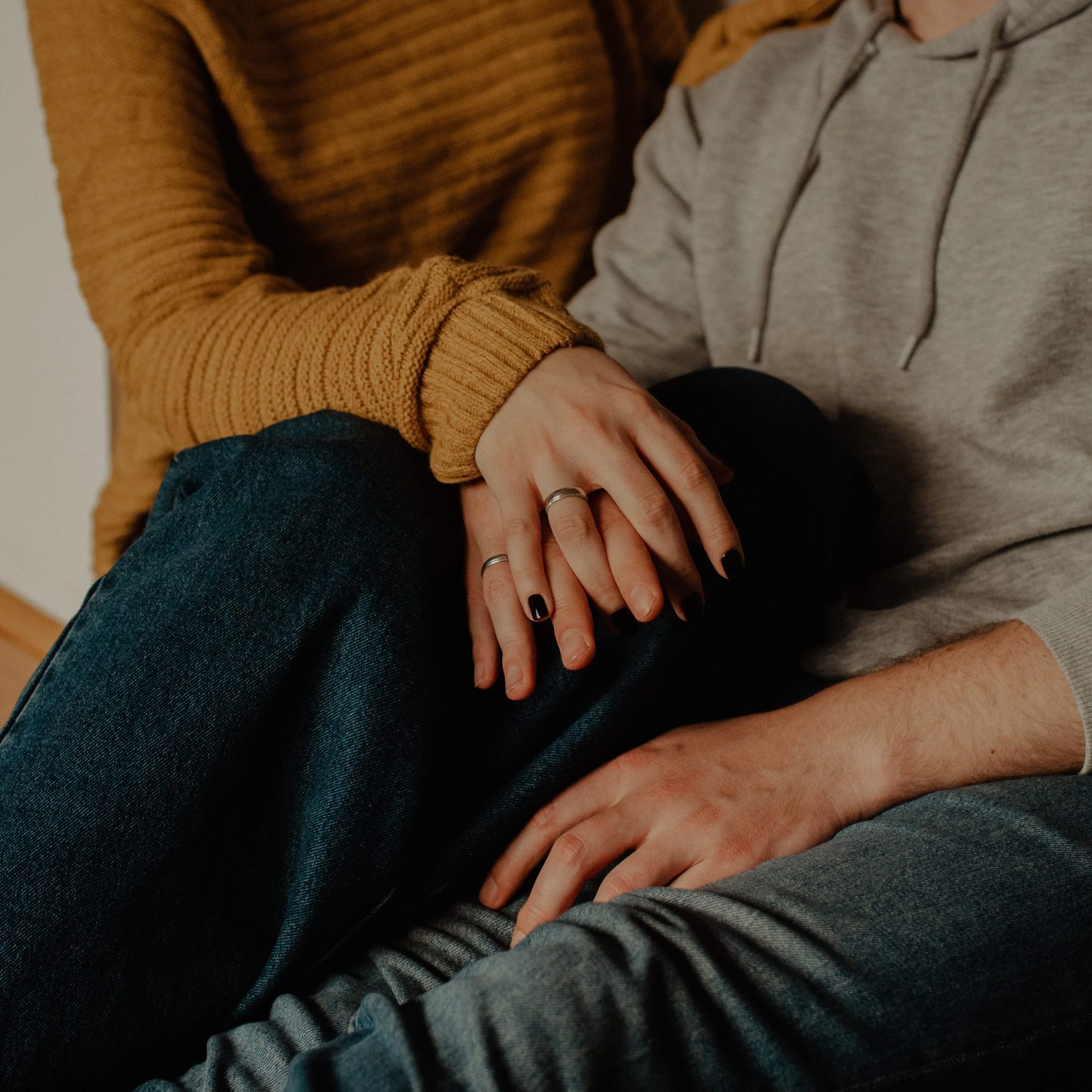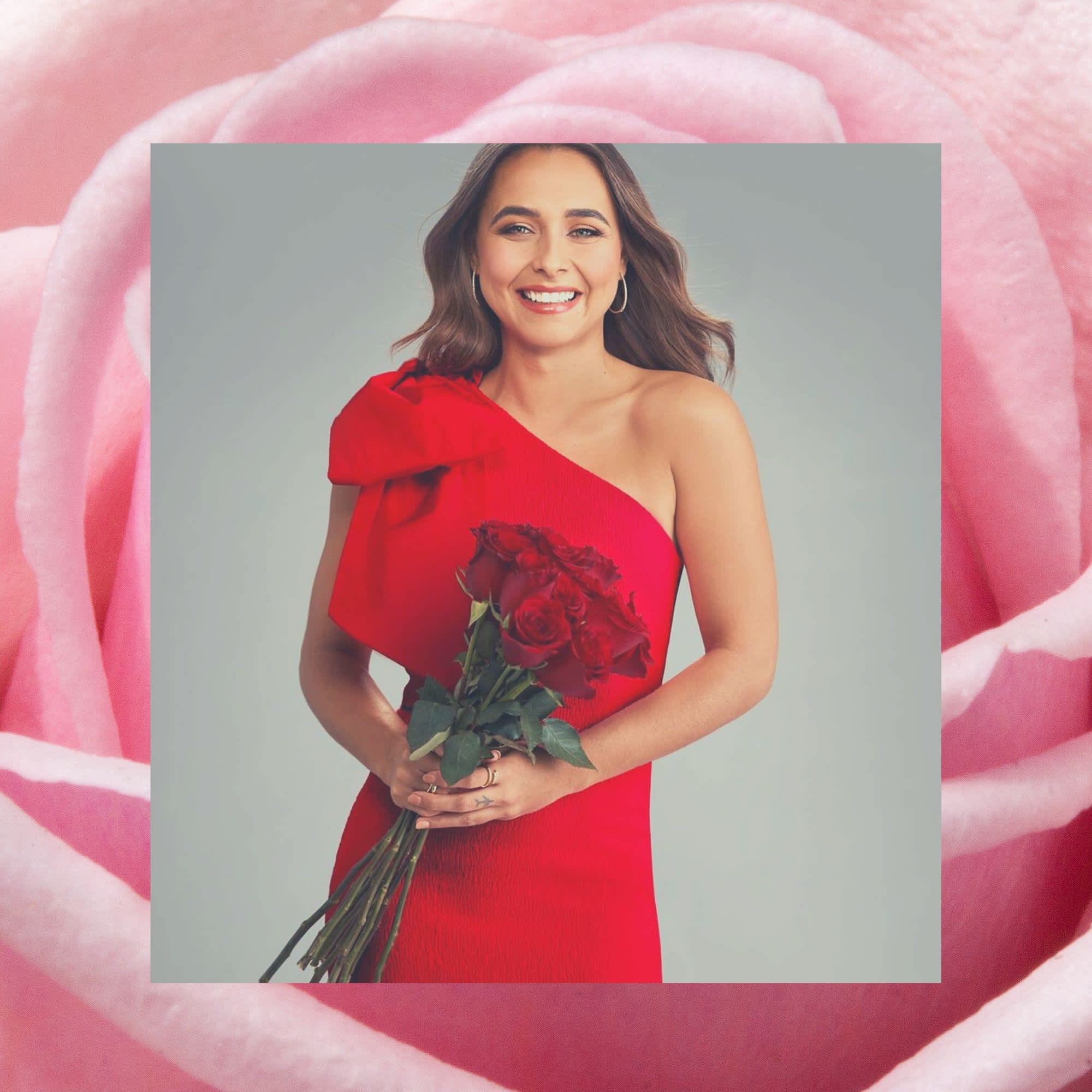
- POPSUGAR Australia
- Living
- I Have a Husband and a Girlfriend – This Is Why Ethical Non-Monogamy Works For Us
I Have a Husband and a Girlfriend – This Is Why Ethical Non-Monogamy Works For Us

If you’ve perused Bumble or Tinder lately, you may have noticed “ENM” in some bios. ENM, or “ethical non-monogamy,” is the practice of having multiple relationships in which all parties are aware of what is going on – so no, it’s not cheating. Though it’s referred to as “polyamory” in some circles (having intimate relationships with more than one person at the same time) and often conflated with “polygamy” (being married to multiple partners), the term “poly” may seem tainted to some, conjuring up “Sister Wives” TV show drama and the disempowerment of women. My partners and I prefer to use the term “ethical non-monogamy” since it truly embodies what we’re about: mutual respect, intimacy, and exploring multiple partnerships.
I currently have a husband and a girlfriend. My husband and I first began exploring this lifestyle during our long-distance relationship before we were married. Frequently traveling 6,000 miles between our homes in Hawaii and Florida was not feasible, but we knew we wanted to be together for the long haul. Though we had a rich relationship through FaceTime and over the phone, we both craved in-person connection. I also identify as bisexual and found myself desiring a deeper woman connection. We decided to open our relationship – something neither of us had thought of as a possibility before.
In the beginning, we didn’t ask about the dating or physical intimacy we were experiencing with others outside of our relationship. But after a few dates, we realised sharing what we were doing and how we were feeling actually helped dispel jealousy and brought us even closer. Sure, I felt heart pangs when he went on dates, and I sometimes felt guilty meeting a potential partner at the beginning, but as we worked together to create our own definition of a relationship, I watched us grow closer. I’ve never trusted anyone more. When I finally moved to join him in Florida a year and a half later, we expanded by opting to meet one another’s partners during the beginning of their relationships. We found this built trust and understanding between us and made our partners feel more comfortable, too. No one had to worry about deceit or ill intentions; it was all up front. We didn’t have to be friends necessarily, but a few of his previous partners are now my closest friends.
My husband is considered my primary partner – we’ve chosen to cohabitate and marry, make financial decisions together, and raise a dog. (We’ve decided not to have children, though we have heard about successful ENM relationships who choose to co-parent.) Our partners, while traditionally termed “secondaries,” are anything but. They are a part of both of our lives. My past boyfriend was originally my husband’s best friend, and these days we spend time with my current girlfriend both together and separately. We have a weekly trivia team, attend dinner parties, and go out together. We have shared friends and carved out a space in one another’s circles, developing unique and separate friendships complete with strings of meme-filled text messages. We take care of one another. It’s become a community.
When some people first hear I’m in an open relationship, they are quick to quip, “I could never do that! I’d be too jealous”; “So you’re not really in a ‘real’ relationship or committed”; or “You’re just doing this so you can have sex with multiple people.” I understand the ENM lifestyle is not for everyone, but having a husband and a girlfriend (and in the past, a boyfriend), has allowed me to continue to explore my fluid sexuality while developing deep, intimate relationships with my partners and expanding my capacity for love. It isn’t just about sex. In fact, I’ve had partnerships void of physical intimacy. For me, it’s about building deeper relationships and not limiting what they look like and how they grow.
It isn’t just about sex. . . . For me, it’s about building deeper relationships and not limiting what they look like and how they grow.
Through the years, our openness has looked different. We work together to set boundaries around what we’re comfortable with, such as how much time we spend with another person or traveling with another partner. Some ENM relationships place boundaries around physical acts outside of the primary relationship. For us, making sure we both feel valued and full in our relationship is our first priority. Ensuring our external partners are also comfortable and have their needs met is important, too. We understand these boundaries can shift; they’re always up for discussion as needed. There are times we’ve stepped back from our external partnerships to focus on growing our own relationship – especially as newlyweds – and there are times we’ve had to end an external relationship because it was no longer healthy to our shared connections.
Breakups still hurt, even when I know my primary partner is still there for me at home. I’m currently working through the heartbreak that comes with losing a boyfriend because he was someone I valued spending time with, grew very close to, and considered one of my best friends. Someone I loved. But as with any relationship, we have to know when to move on when one or both parties are hurting. Because of my openness throughout it all with my husband and my other partner, having their support and listening ears has helped me heal.
Being in an open relationship has allowed me to step fully into my sexuality, and it has brought me deeper connections with my husband and other partners. Even if you’re not into the idea of ENM, the concepts of honesty and communication taught in these circles can be applied to any relationship. We’re not seeking a warm body to fill a hole in a relationship. Instead, we are expanding our vast capacity to love each other and our external partners, continue learning and growing, and break the mold of what society claims a marriage “should” look like. We have a solid foundation of trust and clear channels of communication. We don’t fear infidelity or replacement. With our mutual understanding, safe boundaries, and willingness to truly listen to the needs of others, I’ve never felt closer to my husband.


